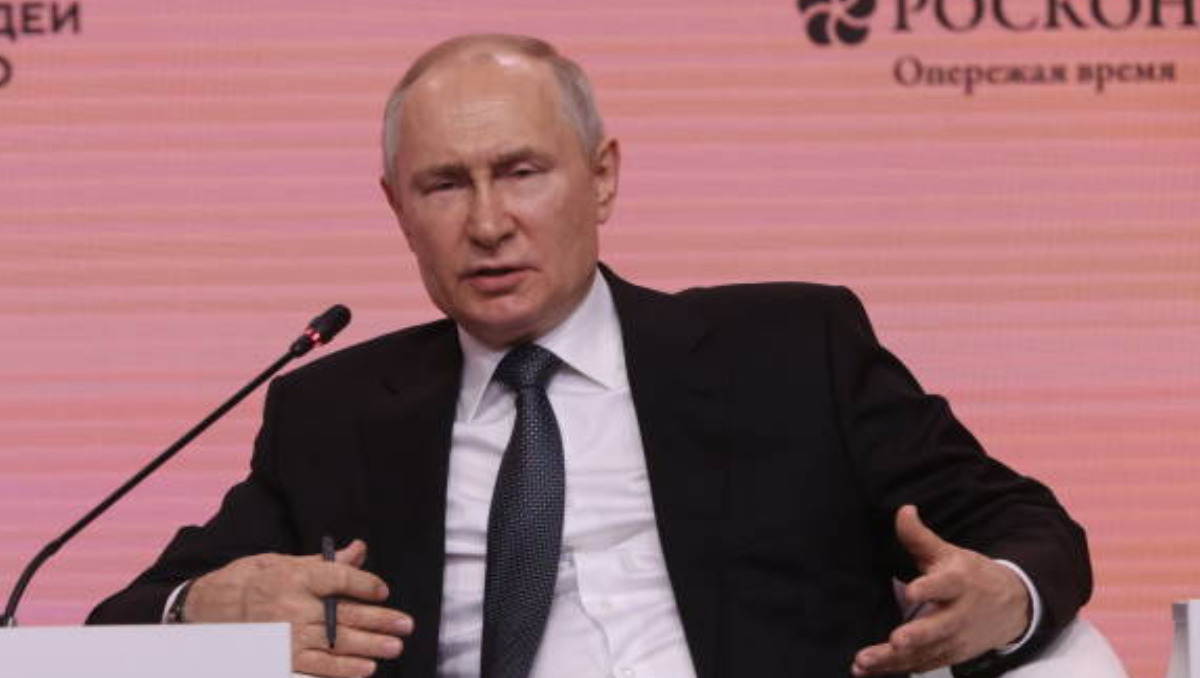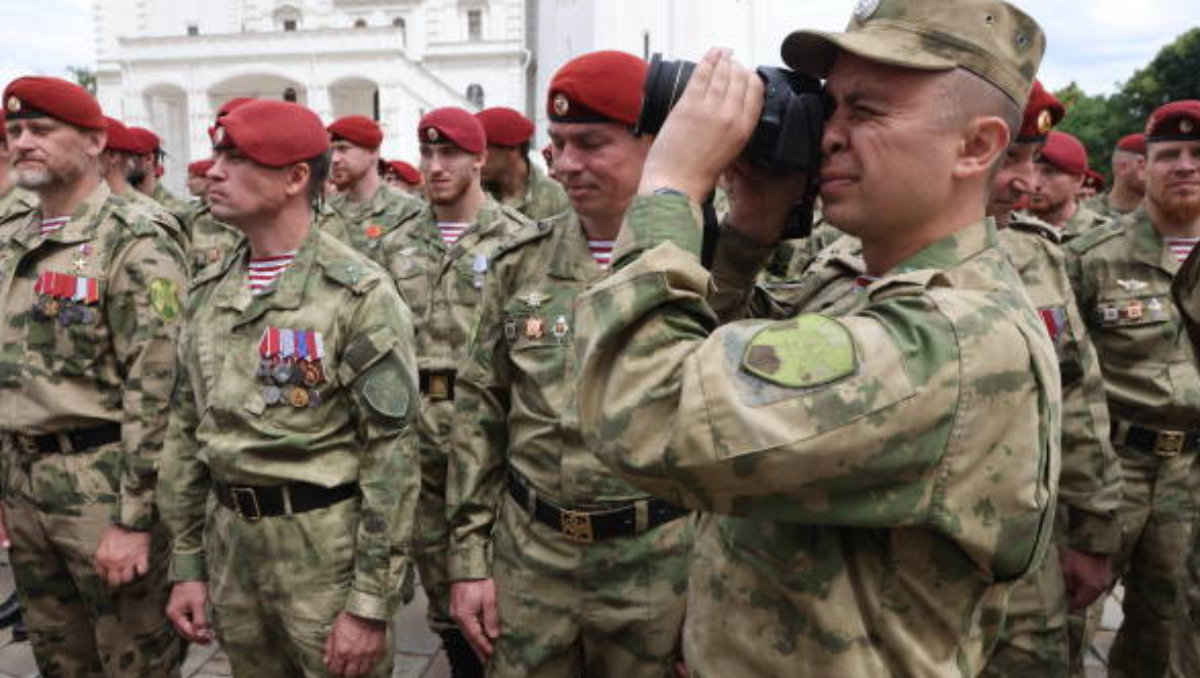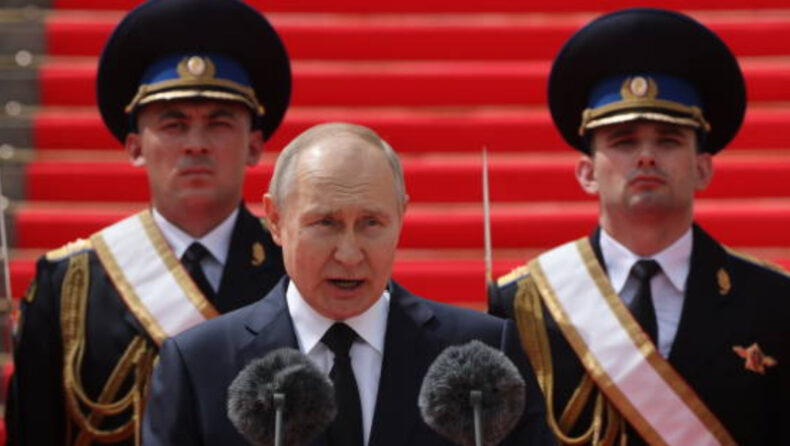Table of Contents
According to specialists in international law, Russian President Vladimir Putin’s efforts to put an end to the Wagner group’s coup may have made it simpler to try him by an international court and the Russian state for war crimes that were perpetrated by the mercenary fighters.
Putin claimed that the Russian government had “fully funded” the mercenaries following the rebellion led by Yevgeny Prigozhin. He said that till May 2024 Wagner warriors received more than 86 billion rubles.

Philippe Sands KC, professor of law at UCL and the author of East West Street, in a statement to The Observer, said that those statements could have grave repercussions in terms of resulting in the Russian state being held accountable for the acts of Wagner, and Putin, both professionally and individually as the head of the Russian state.
As war crimes allegations against the troops grew on a global scale, including a UN investigation into their participation in the Central African Republic, the Russian leader grew increasingly distant from the Wagner group.
Putin or Russia are not legally liable for their war crimes by merely funding the Wagner group, according to Dapo Akande, professor of public international law at the Blavatnik School of Government, Oxford.
This is an important admission. Funding by itself does not prove that someone is accountable for an international crime. Speaking to The Observer, he stated that however, it makes it harder to say ‘these things do not have anything related to them.
He further continued that since he admitted to sponsoring this organisation, it follows that you were indirectly supporting its activities. Now, the prosecution or a court may need to provide more evidence, but at least the first ingredient is available.
How does accepting Putin impact the international court?
The court has found paramilitaries guilty of war crimes, but not the associated state. Although Serbia was solely charged with failing to stop a genocide, Serbian militias were judged responsible for the 1995 slaughter of Bosnian Muslims in Srebrenica.
Sands said, in an interview with The Observer, that the court was unable to prove that the paramilitaries were directly controlled by the Serbian government. The government-supportive or government-run publications in Belgrade ran with headlines the following day that included phrases like “We are innocent”.

He further predicted that Putin’s remarks may be crucial for a different verdict in upcoming trials. It was likely to become a bigger and bigger problem for courts as time went on, given the employment of private military corporations and the increasing fragmentation of governments.
According to Simpson, it was obvious that it would be important and challenging for courts to determine who was responsible for specific acts that occurred in a fog of war that had just gotten a lot foggier.
New Delhi’s reactions towards actions of Vladimir Putin:
On Friday, June 30, Russia asserted that Prime Minister Narendra Modi of India “expressed understanding and support” for President Vladimir Putin’s measures to quell last week’s unexpected revolt by a private army of mercenaries.
Before the upcoming virtual Shanghai Cooperation Organisation summit, the two leaders spoke on the phone for the first time since the failed rebellion. The two national security advisers had a phone conversation earlier this week.
The Kremlin asserted that India “initiated” the phone contact and that the accompanying “conversation was substantive and constructive”.
While the Russian readout claimed that Yevgeny Prigozhin’s Wagner Group mutiny was specifically discussed, the Indian news release stopped at stating that Putin apprised Modi of “recent developments in Russia.” The Indian news release made no mention of Modi briefing Putin on his state visit.













